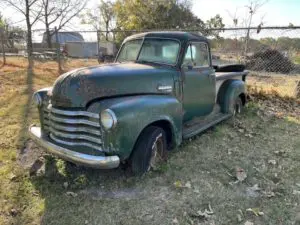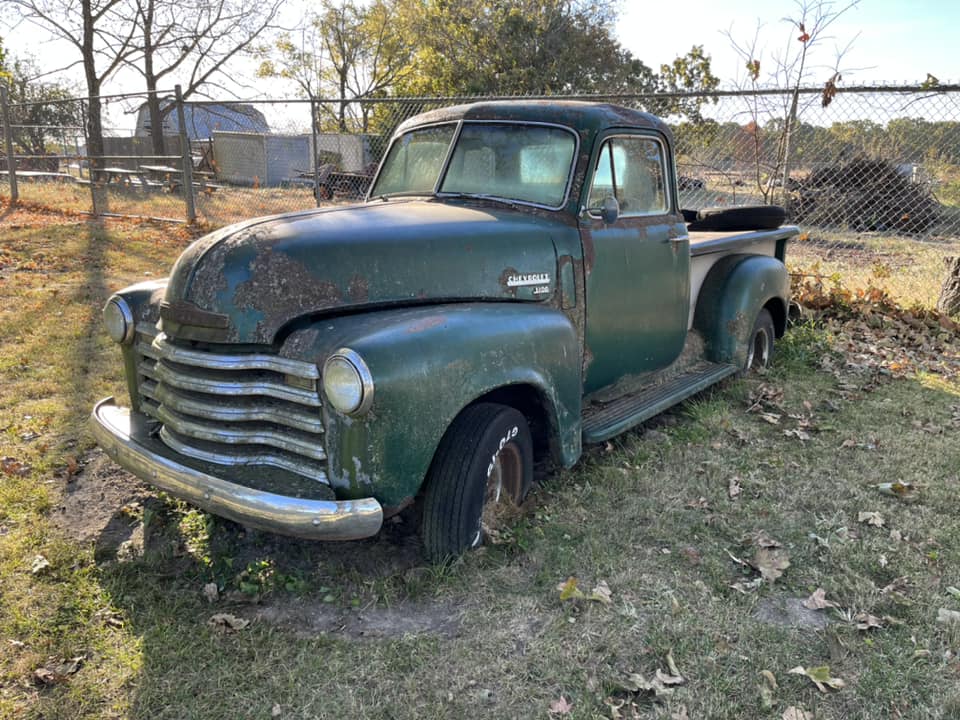
How to value your possessions before an auction
Lorem ipsum dolor sit amet, consectetur adipiscing elit, sed do eiusmod tempor

Auctions are a great way to sell your possessions and potentially make some money, but before you jump into the process, it’s important to know how to value your possessions. Accurately assessing the value of your items will help you determine the best auction venue to use, set a reasonable reserve price, and ultimately determine how much you can expect to receive from the sale.
There are several factors to consider when valuing your possessions for an auction. Here are some tips to help you get started:
One of the best ways to determine the value of your possessions is to research similar items that have sold at auctions in the past. This will give you a good idea of what people are willing to pay for items like yours.
You can start by looking at online auction websites such as eBay or Sotheby’s, or by attending local auctions and taking note of what similar items are selling for. Keep in mind that the condition of your item will also play a role in its value. Items that are in excellent condition will typically sell for more than those that are worn or damaged.
If you have valuable items that you’re not sure how to value, consider consulting with an expert. This could be an appraiser, an antique dealer, or a specialist in a particular type of item, such as jewelry or art.
These experts can provide you with a more accurate valuation of your items, as they have a wealth of knowledge and experience in their respective fields. While there may be a fee for their services, it could be well worth it in terms of the accuracy of the valuation.
The rarity of your item can have a significant impact on its value. If you have an item that is one-of-a-kind or extremely rare, it could be worth significantly more than a similar item that is more common.
When determining the rarity of your item, consider factors such as the age, condition, and provenance. Provenance refers to the history of ownership and can add value to an item if it has a noteworthy or interesting past.
As previously mentioned, the condition of your item will play a significant role in its value. When assessing the condition of your item, be honest with yourself about any damage or wear that it may have.
If your item has significant damage or wear, it may not be worth as much as a similar item that is in excellent condition. On the other hand, if your item is in pristine condition, it could be worth significantly more than a similar item that is worn or damaged.
The demand for your item can also impact its value. If there is a high demand for the type of item you’re selling, you may be able to fetch a higher price for it.
Keep in mind that market demand can fluctuate over time. If you’re selling a trendy item, it may be worth more now than it will be in a few years. Conversely, if you’re selling a classic or timeless item, its value may hold steady over time.
A reserve price is the minimum amount you’re willing to accept for your item at auction. Setting a reasonable reserve price is essential to ensure that you get a fair price for your item.
When setting a reserve price, consider the valuation of your item, the demand for it, and any fees associated with the auction. Be sure to set a reserve price that you’re comfortable with, as once the bidding begins, you will not be able to lower the reserve price.
Choosing the right auction venue is critical to ensuring that you get the best price for your item. There are several types of

Lorem ipsum dolor sit amet, consectetur adipiscing elit, sed do eiusmod tempor

Lorem ipsum dolor sit amet, consectetur adipiscing elit, sed do eiusmod tempor

Lorem ipsum dolor sit amet, consectetur adipiscing elit, sed do eiusmod tempor